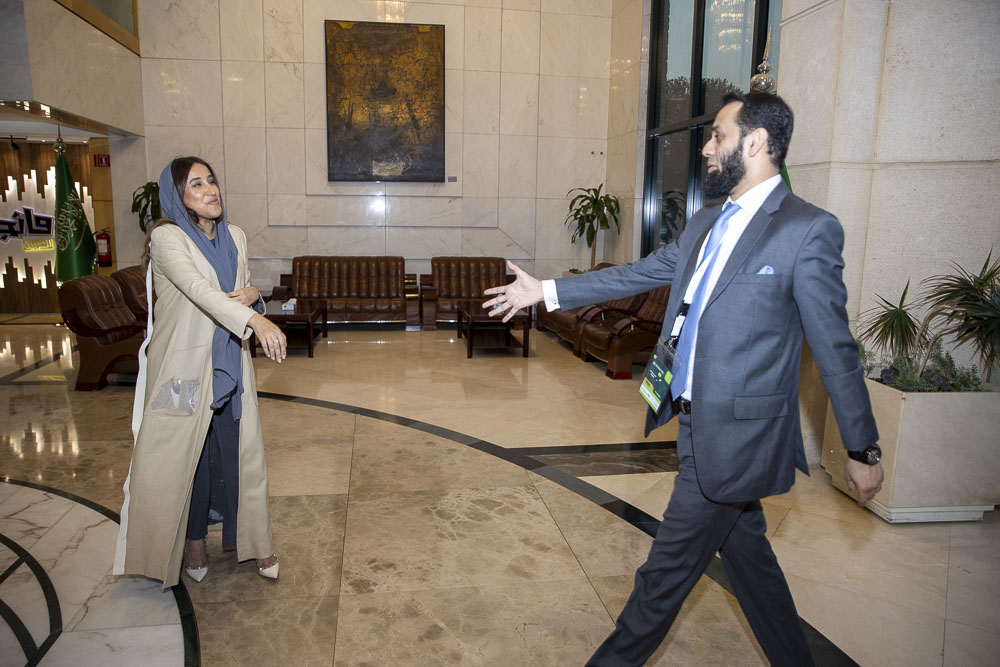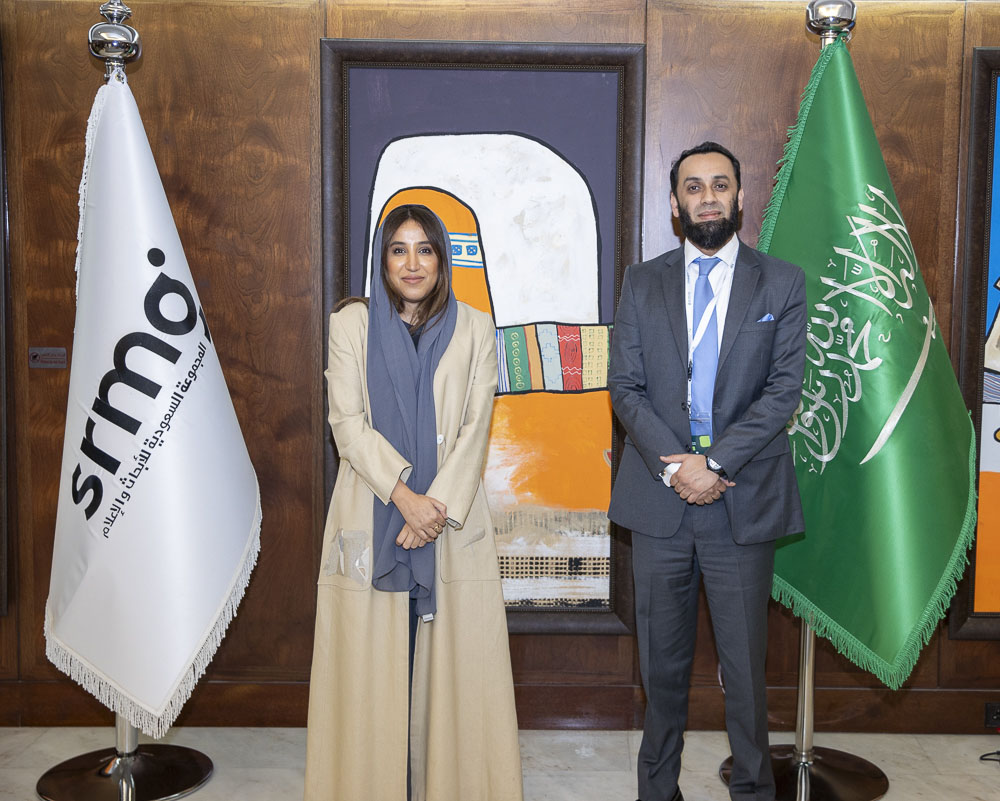WASHINGTON: The White House said on Tuesday it would decide which media organizations participate in the press pool that covers the president, wresting control away from the group of journalists that has done so for decades.
Karoline Leavitt, President Donald Trump's spokeswoman, said that while traditional media organizations would still be allowed to cover the president, the administration plans to change who participates. The pool system allows select television, radio, wire, print and photojournalists to cover events in smaller spaces such as the Oval Office and share their reporting with the broader media.
The move follows the Trump administration's decision to bar the Associated Press from being in the press pool because it has declined to refer to the Gulf of Mexico as the Gulf of America, the name Trump has assigned the body of water, or update its widely followed stylebook to reflect such a change.
"For decades, a group of D.C.-based journalists, the White House Correspondents' Association, has long dictated which journalists get to ask questions of the president of the United States in these most intimate spaces. Not anymore," Leavitt said at a news briefing.
"Moving forward, the White House press pool will be determined by the White House press team," she said, referring to White House staff.
The WHCA, which has previously coordinated the pool rotation, said it had done so to ensure consistent professional standards and fairness in access on behalf of the public.
"This move tears at the independence of a free press in the United States. It suggests the government will choose the journalists who cover the president. In a free country, leaders must not be able to choose their own press corps," WHCA President Eugene Daniels said in a statement.
Reuters is a member of the press pool and Reuters reporters are members of the WHCA.
Leavitt said the five major cable and broadcast television networks would continue to hold their rotating seats in the pool while the White House would add streaming services. Rotating print reporters and radio reporters would continue to be included, while new outlets and radio hosts would be added.
“We’re going to be now calling the shots,” Trump said at a gathering of reporters in the Oval Office later in the day when asked about the move.
A federal judge on Monday denied a request by the AP to immediately restore full access for the news agency's journalists to pooled events in the Oval Office and on Air Force One, where Trump regularly holds question-and-answer sessions with reporters.






























